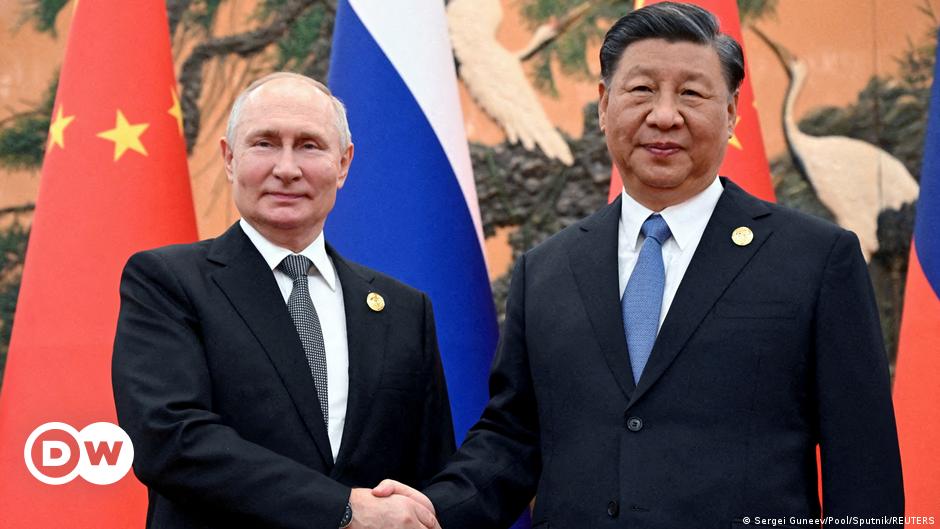- cross-posted to:
- news@lemmy.world
- news@beehaw.org
- cross-posted to:
- news@lemmy.world
- news@beehaw.org
NATO leaders are expected to call out China for its support of Russia’s war machine at their summit in Washington. However, they are divided over their approach to the Indo-Pacific region.
At their summit in the US capital, NATO leaders are not only set to approve a new military aid package for Ukraine, but also to talk tough on China.
In an interview with US media ahead of the summit, NATO Secretary General Jens Stoltenberg described China as “the main enabler of Russia’s war of aggression against Ukraine.”
Antony Blinken, the US Secretary of State, told DW at a foreign ministers’ meeting in Prague in May that China’s support was “a huge difference-maker right now on the battlefield.” He added that for China to purport to seek better relations with countries in Europe while at the same time fueling the biggest threat to Europe’s security “does not add up.”
…
According to the US assessment, China is the top supplier of machine tools, microelectronics, and nitrocellulose — critical to making munitions and rocket propellers — and other dual-use items that Moscow uses to ramp up its defense industrial base.



This is the best summary I could come up with:
In an interview with US media ahead of the summit, NATO Secretary General Jens Stoltenberg described China as “the main enabler of Russia’s war of aggression against Ukraine.”
According to the US assessment, China is the top supplier of machine tools, microelectronics, and nitrocellulose — critical to making munitions and rocket propellers — and other dual-use items that Moscow uses to ramp up its defense industrial base.
In June, South Korean National Security Advisor Chang Ho-jin told reporters Seoul will review the possibility of supplying weapons to Ukraine, after the leaders of North Korea and Russia signed a pact pledging mutual defense in the event of war.
NATO has collaborated with partners in the Indo-Pacific since the early 2000s, but Russia’s war against Ukraine and security challenges posed by China have led to a deeper engagement.
Ahead of the meeting, NATO chief Stoltenberg said the alliance and its Indo-Pacific partners “will build on our practical cooperation with flagship projects on Ukraine, cyber, and new technologies.”
Last year, France blocked a NATO plan to open a liaison office in Japan, insisting the alliance is geographically confined to the North Atlantic.
The original article contains 860 words, the summary contains 187 words. Saved 78%. I’m a bot and I’m open source!